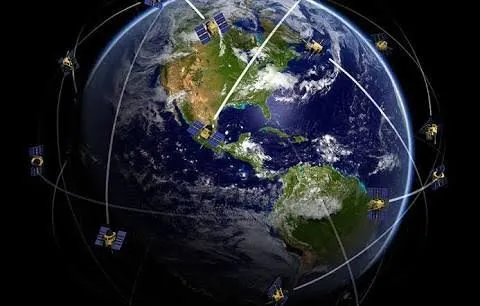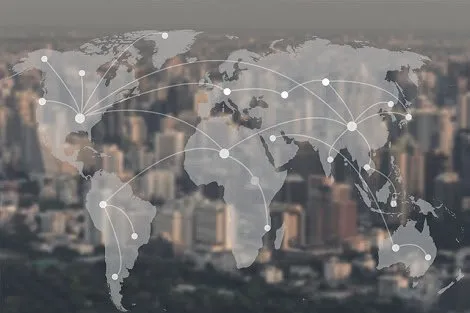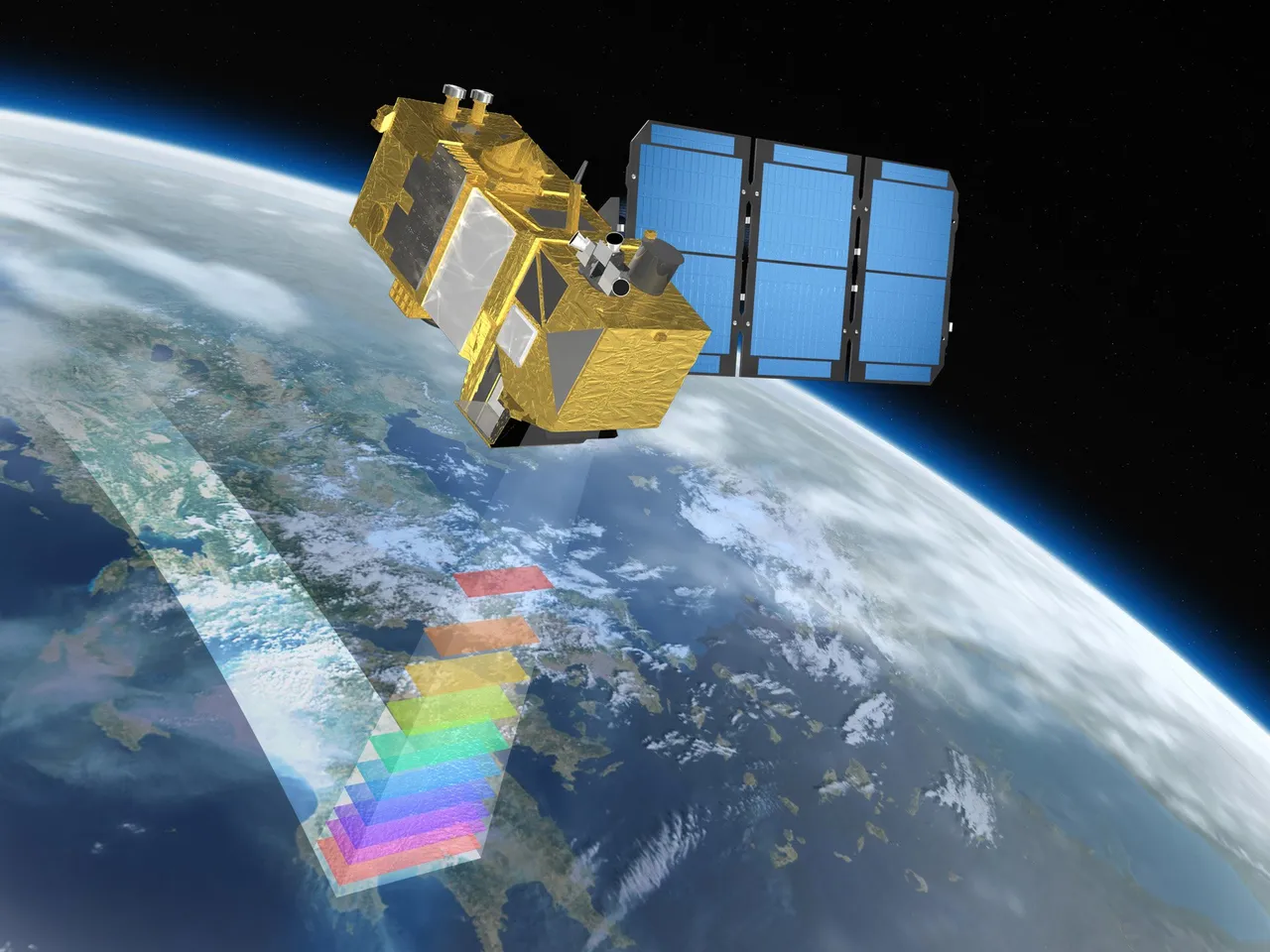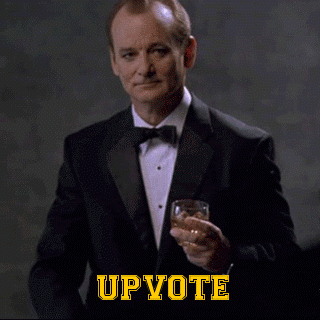Technology is fast sprouting and ever-changing coupled with innovative ideas which are continuously challenging the position of traditional industry norms. Spatially inclined tech is under more use and the future is even brighter, especially if blockchain lives to the expectations.
A blockchain is an immutable trustless registry of entries, hosted on an open distributed network of computers (called nodes). It is potentially safer and cheaper than traditional centralised databases, is resilient to attacks, enhances transparency and accountability and puts people in control of their own data.
GIS (Geographical Information System) is a multidisciplinary area that encompasses both academic and business sectors. Geographical Information Science entails the academic field.
Geospatial techniques describes the analysis, integration, manipulation and display of geographically referenced data.
GIS could be applied in virtually all fields of human endeavors (Urban Planning, Aviation, Health care, Telecommunications, etc).
Bitcoin+Social media= Steemit
YouTube+Bitcoin= Dtube
GIS + Block chain =???
Uber and AirBnb are examples of consumer applications that rely on geospatial data and processing. They represent a centralized approach where the middleman owns and controls the data and takes a significant fee for connecting clients and providers with each other. Obviously, the concept of these innovative applications are awesome and a great medium to establishing innovative platforms in different sectors.
If such apps were replaced by a distributed peer-to-peer systems, they could be cheaper and give their users full control of their data.

The unprecedented growth of blockchain is now beyond cryptocurrencies and people appreciate the public ledger, peer to peer networks and no-trust-required transactions like never before. Integration of such a technology is recently gaining momentum in GIS with governments of Georgia, Sweden and Ghana already prototyping land administration use cases.
Block chain has improved modern day financial transactions thus, eliminating the middle men and inappropriate huge transaction fees charges accruing from deductions by archaic financial bodies and conventional banks.
Healthcare, Agriculture, Aviation and all other sectors have the capacity to benefit immensely from Block chain technology and will even benefit hugely if Geospatial and mapping intelligence techniques is merged with it.
Decentralizating a centralized sector is a sustainable medium towards curtailing formal criminal acts by authorities of government

Open data initiatives across the globe have resulted in successful Spatial Data infrastructures.
Geospatial information operates on open data source yet, it is centralized. An integration of blockchain technology will holistically, surpass the feat posed by the open data source by decentralizing the open data.
Blockchain provides ability to create a decentralized system that stores geodata with no central control and yet everyone has access to the data and it’s history. Of course, this is not a far-fetched idea. There will be concerns like who is responsible for maintaining the infrastructures as well as the cost of data. Nevertheless, Open source movements in the GIS industry have proven it is possible to support projects in a long-term period. Just imagine a world free from unnecessary data collection and processing or unlimited access to spatial data.


As an immutable registry for transactions of digital tokens blockchain is suitable for geospatial applications involving public good or sensitive data, autonomous devices and smart contracts.
“The integration of blockchain and GeoUnderground has the potential to drive profound, positive change to the global oil and gas industry.”
Apparently, a revolution in the oil and gas sector might sprung up a concept "Digital Oil Field ".
BLOCKCHAIN AND FUTURE TRANSPORT
Autonomous cars and drones are changing the transport industry. Innovative transport vendors and public vehicle investors are exploring ways in which service can be delivered without a middleman. The same goes for drones which will be used to deliver goods and collect data. Other than money, another common thing between all these modes of transport is GIS. Routing and geocode functionalities are a must have for the applications.
Geospatial technology with particular emphasis on GPS (Global Positioning System) equipped on Vehicles for tracking and location finder has positively revolutionized transportation and Vehicles security systems. How much more benefit could accrue from an integration of Blockchain technology with Geospatial techniques?
Blockchain revolutionized the financial sector immensely and has seen a positive contributive effect on other sectors too (Agriculture, healthcare, education, etc.).
Images adapted from wikimedia and Pinterest
